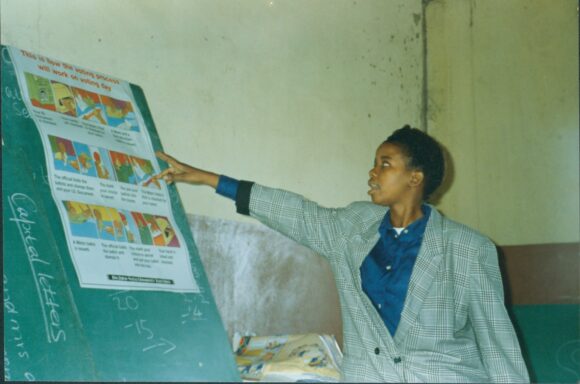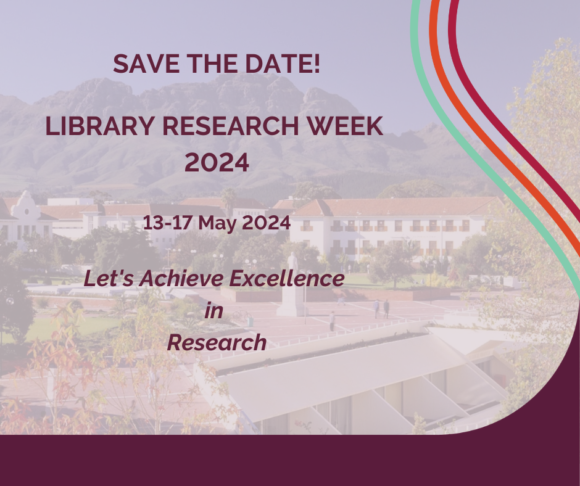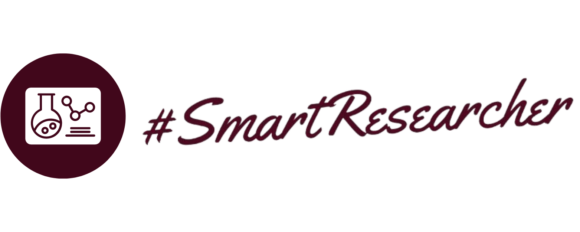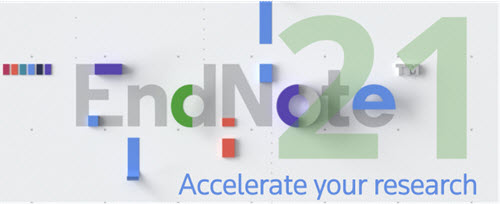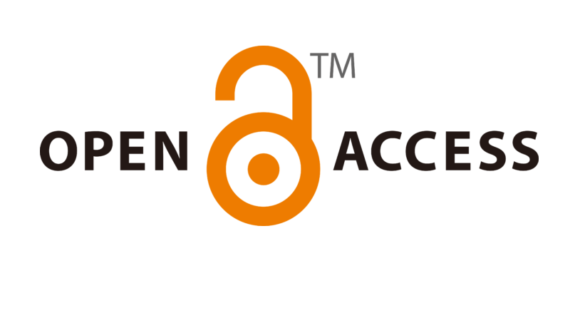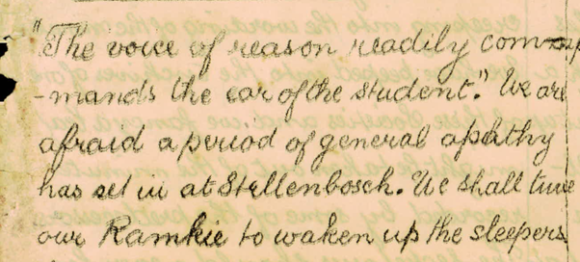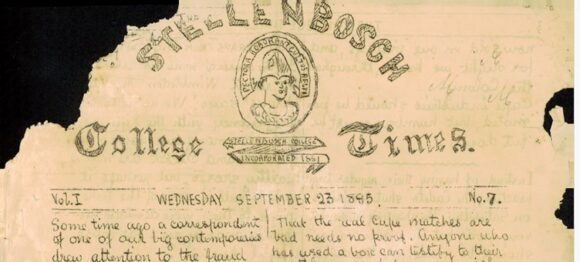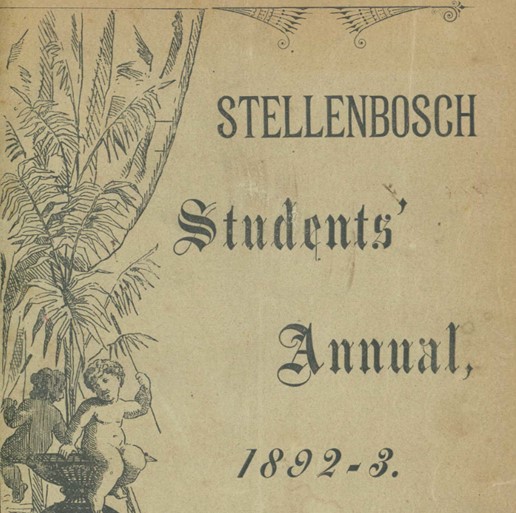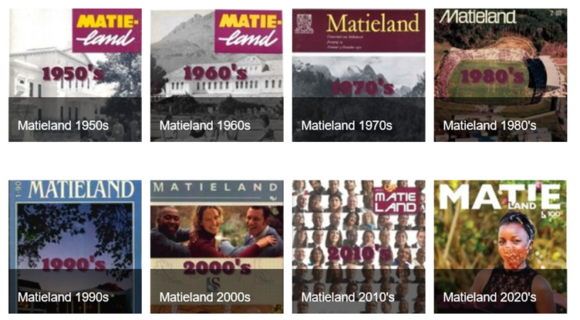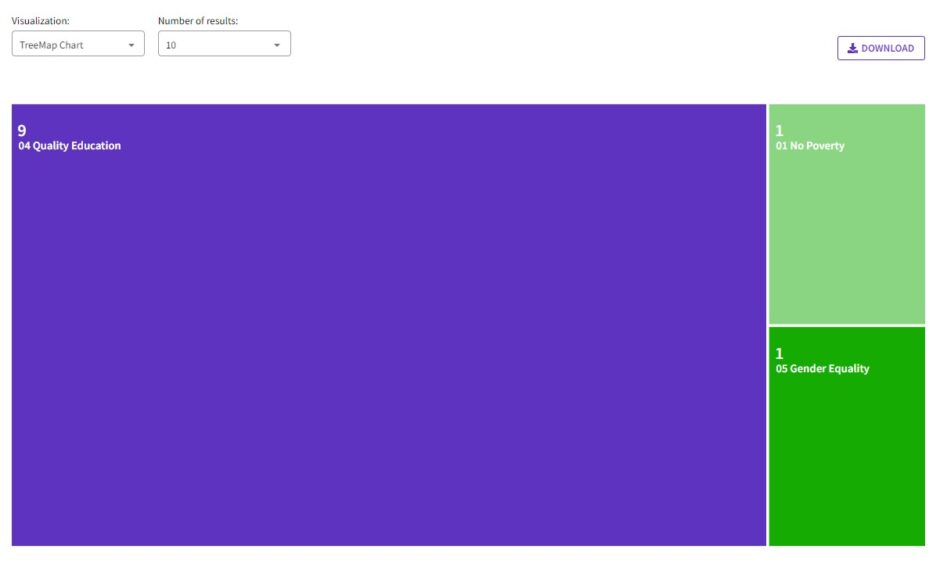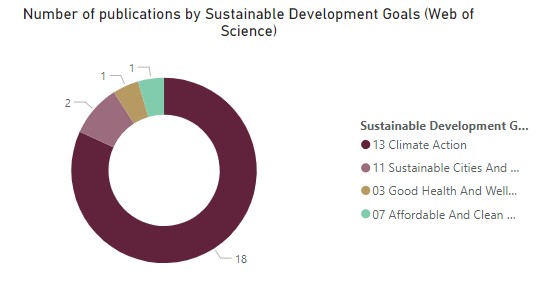
It has been two years now since we first opened our doors to researchers and other clients to use our Makerspace. However, we realise that Makerspace is a new concept to most researchers and clients and it is necessary to constantly provide training and workshops on what the space has to offer as well as how to safely operate the tools and software in this space.
Therefore, to showcase what the Makerspace offers, we now have a dedicated #SmartResearcher workshop where staff from the facility will introduce you to all the available services and equipment. This workshop is scheduled for 13 March 2024 from 12:00 – 13:00 and will consist of an introductory presentation that gives an overview of all the services available to clients who are both on- and off-campus. Those who will attend in person will then be taken on a brief tour of the facility where you will get to see all the equipment in action. It is hoped that the training will lead to maximum utilisation of the space as well as result in researchers and clients being aware of how to operate some of our tools and software to achieve maximum results safely.
The goal of the Makerspace has always been to enable researchers, students and staff to create new digital artifacts and materials, adopt new digital tools, processes, and methods and participate in innovative projects, communities, and discussions. The space and associated services are meant to showcase new and innovative digital technologies that can further enhance our students and researchers’ academic endeavours. The Makerspace has three 3D printers, as well as a 3D scanner that lets you scan an object that can then be replicated. There is also a variety of electronic equipment available for our clients to tinker with.
Space for in-person attendance is limited, so book your spot here!



